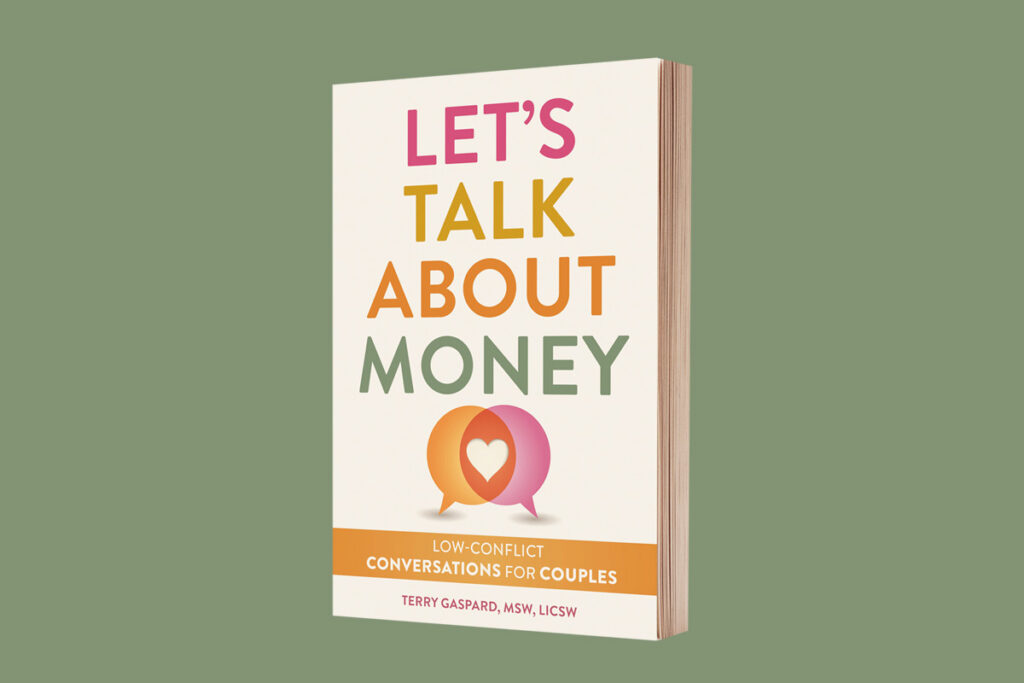Let’s review the Relationship Alphabet:
A is for Arguing
B is for Betrayal
C is for Contempt and Criticism
D is for Defensiveness
Pretty grim, right? Not what you signed up for when you got married? Actually, you might have. If you had a wedding you probably stood up in front of a bunch of people and promised something like “for better or for worse.”
A-D represents the best of the worst. But it gets better. Because E is for Empathy.
I’m obsessed with empathy lately. It’s hard to define exactly what “lately” is, but it’s been floating around my mind for a better part of a year. And it seems to me that it’s in the public consciousness as well.
There’s actually a pretty vibrant debate these days about whether empathy is a necessary leadership quality. Many high profile (and high profit) companies are thriving in spite of (or in light of) their leaders’ lack of “people skills.” Jeff Bezos, Steve Jobs, Bill Gates and Larry Ellison are all infamous for their lack of empathy. But Daniel Goleman cites empathy as cornerstone of emotional intelligence, an essential quality for the most successful leaders.
Empathy is also a hot topic in the medical field. One recent study found that doctors who are more empathetic generally have patients with better outcomes. But we don’t need research to tell us what we intuitively know. Remember, they already invented a thing called “bedside manner” to help evaluate whether or not a doctor was any good.
CEOs have to have it. Doctors have to have it. Presumably anyone who wants to obey the Golden Rule while walking a mile in somebody else’s shoes in order to understand before being understood has to have it.
But what is it?
Empathy is generally understood as the capacity to identify and share someone else’s emotions and experiences. Dr. Gottman describes empathy as mirroring a partner’s feelings in a way that lets them know that their feelings are understood and shared. He cites it as the key to attunement with your partner as well as essential to the emotion coaching style of parenting.
As a husband and as a father, I’m clinging to Gottman’s wisdom on empathy. After all, he’s a brilliant researcher who has earned his stripes with over 40 years of research. My absolute favorite perspective on the concept, however, comes from a little boy.
One of my favorite books of all time is Orson Scott Card’s Ender’s Game. (The movie gets a B+ from me.) On the surface, it’s your typical story of intergalactic warfare with alien bugs. It’s also a brilliant case study in empathy, demonstrated through the character of Ender Wiggin, a fascinating boy with an unusual aptitude for battle strategy as well as an irrepressible capacity for compassion. Reflecting on the central conflict of the novel, Ender says:
In the moment when I truly understand my enemy, understand him well enough to defeat him, then in that very moment I also love him. I think it’s impossible to really understand somebody, what they want, what they believe, and not love them the way they love themselves.
There’s really quite a bit going on here. Ender begins with an insight into conflict and the reader expects to learn how he will achieve victory over his enemy. Victory, however, isn’t the goal. At least it’s not the only goal. Ender is chasing understanding, and that understanding leads to love.
To have empathy is to really understand somebody, what they want, what they believe. And not just in the moment, but in general.
As a therapist, my goal is to help couples understand this concept. Often, they come into my office thinking of one another as the enemy. They’re entrenched in patterns of argument, betrayal, contempt, criticism and defensiveness – and they have a really, really hard time achieving or even seeking understanding.
I remind them that the enemy mindset doesn’t help them get what they want: trust, respect, understanding, intimacy. These things are built through a commitment to hearing not only the complaint but also the dream embedded in the conflict. This is hard work, and sometimes it requires you to be a master tactician, strategically deploying conflict management skills. More often it requires you to shift your mindset from “enemy” to “partner” in the battle for your relationship.
You may be a CEO or a doctor. Maybe you’re a husband or a wife or a parent. There’s a pretty good chance you’re a therapist. You are most definitely a person. Whoever you are, I bet you want to be in safe, interesting, life-giving relationships. I urge you to become obsessed with empathy. It’s for better.







